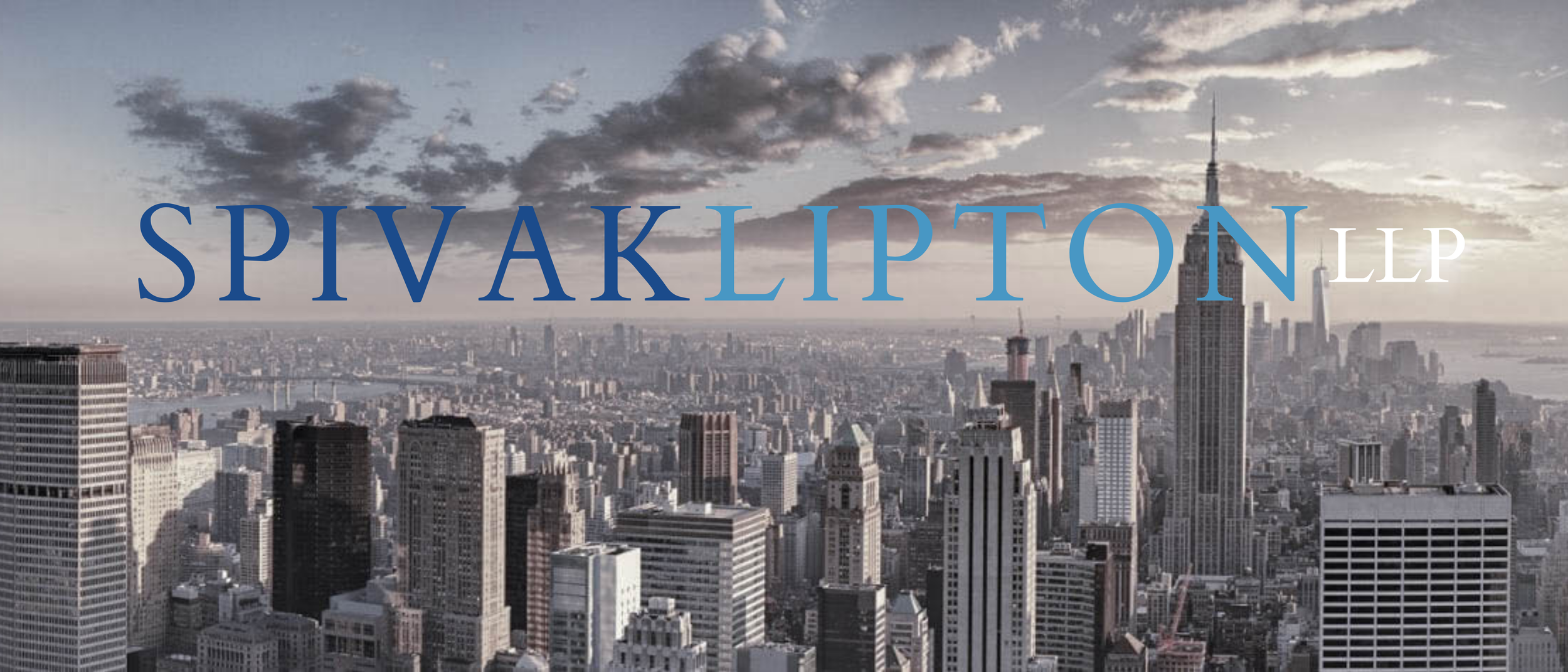Labor in the Arts
A space to engage with how pro-worker narratives manifest in culture and the arts.
Spivak Lipton introduces a new blog series exploring labor and employment issues in various artistic mediums including theatre, film, television and digital platforms. Art functions as a reflection, catalyst, and critique of the world in which we live and offers its audience an opportunity to feel unified within their experience. It is our hope that we can humanize our work through a weekly examination of theatre, film, and television with themes of labor empowerment and provide an entertaining perspective on labor and employment law.
Byline: Harley Winzenried, Spivak Lipton Legal Assistant & Freelance Theatre Practitioner







